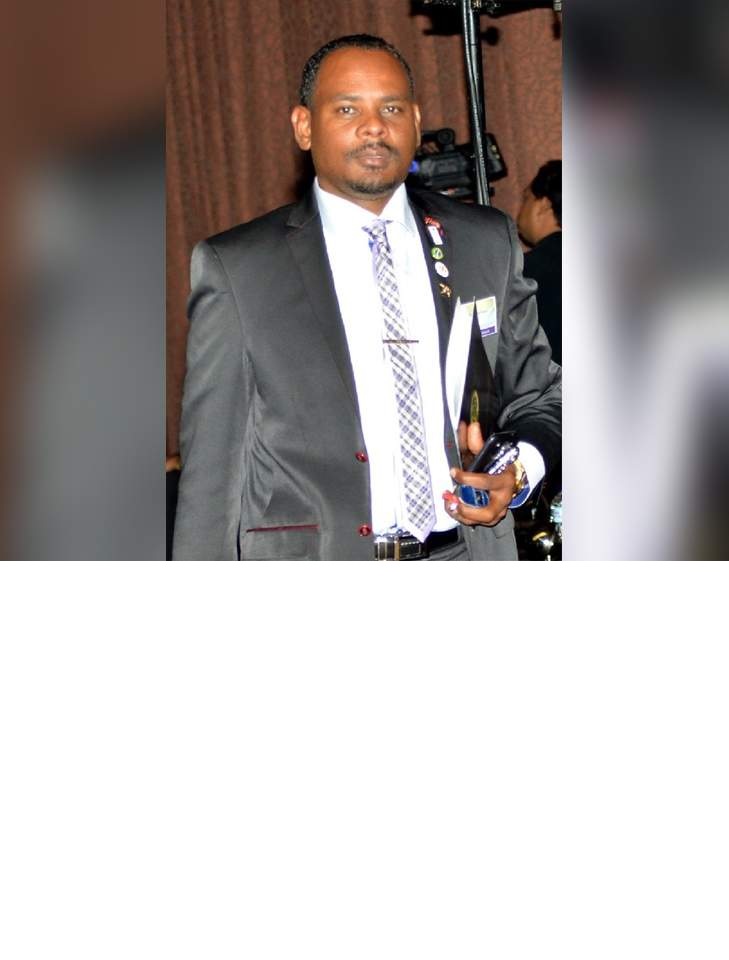(Trinidad Express) Illegal immigrants have already been making their way back to Trinidad from the United States on chartered planes and, given President-elect Donald Trump’s immigration policy, the rate will increase and this country is not ready for this.
This was stated yesterday by head of Vision on Mission, Wayne Chance, who added that, as it stands now, the needs to house and rehabilitate deportees are not being met and adding more to the system will result in more pressures.
“We already have a high number of people being deported. There are chartered flights coming here every three to four months. I would have had to make several trips to the airport to pick up persons, sometimes six, nine, ten, up to 15,” he said.
Vision on Mission is a non-governmental organisation (NGO) set up since 1995 and incorporated in August 2001 under the Trinidad and Tobago Companies (1995) Act.
Vision on Mission is non-denominational with responsibility for the reintegration and rehabilitation of deportees/returning nationals, prisoners, ex-prisoners, delinquent youth and socially displaced persons.
Chance said that the Vision on Mission facility in St Clair has a capacity for 30 persons. He said, for this year, 32 “direct deportees” came straight from the airport to the programme.
He said there were some 62 walk-in deportees for the year. Chance said there are programme cycles from three to six months to one year to assist the deportees with acquiring skills and knowledge in order to reintegrate into society.
Deportees homeless
on the streets
Chance said two weeks ago, six persons were deported, three for murder and another three for aggravated felonies.
He said two of these persons spent 35 and 38 years in the US prison system before being deported.
He said he anticipates that there will be an “uncontrollable demand for space” as many deportees are abandoned by their families when they return to Trinidad.
He noted a number of deportees are homeless on the streets.
Chance said the person who left Trinidad at the age of eight and then returns home as a deportee at ages 34, 50 and older is not the same person their family would remember them as.
He said a lot of these deportees suffer with mental illness, bi-polar disorders and alcoholism, while some are HIV-positive and possess no skills to allow them to be easily reintegrated into society. He said a number of serious social ills develop, posing a threat to this small island.
“Presently the need that we have is not properly met, if that practice continues, we are definitely not ready,” said Chance.
He added that if this issue is not taken seriously then it will impact on the crime situation.
Chance said Vision on Mission is responsible for every aspect of the deportees’ care, from providing psychological help, training, accommodation, food, etc.
He lamented that there are some people at the facility who are over the age of 60, which was challenging. Chance said there is another facility at Riverside Plaza, Port of Spain, which is also used to house deportees.

He said Vision on Mission receives a government subvention of $1.3 million annually but this was insufficient to cover all expenses.
Chance said the Government can consider utilising the Vision on Mission facility in Wallerfield, which can house 100 people as a measure to deal with mass deportations from the US.
He said the NGO does not have the money to meet recurrent expenditure to keep this facility open and functioning.
Chance said there is also another facility in Claxton Bay, which will be completed in December this year and can house some 65 female deportees.
He said the facility at Wallerfield was constructed on State lands which were leased for 100 years and the one at Claxton Bay is on private lands.
Chance said the facilities were constructed with monies from grants and from assistance from the corporate and private sector.
He said the majority of the deportees return home with convictions for serious crimes such as murder, aggravated assault, drug trafficking and gang-related crimes.
However, Chance pointed out that when they come home many of them embrace the Vision on Mission programme as they see it as a new chapter in their life.
He said their convictions are not registered here and therefore they can obtain a clean certificate of police clearance, which can help them reintegrate into society and the job market.
